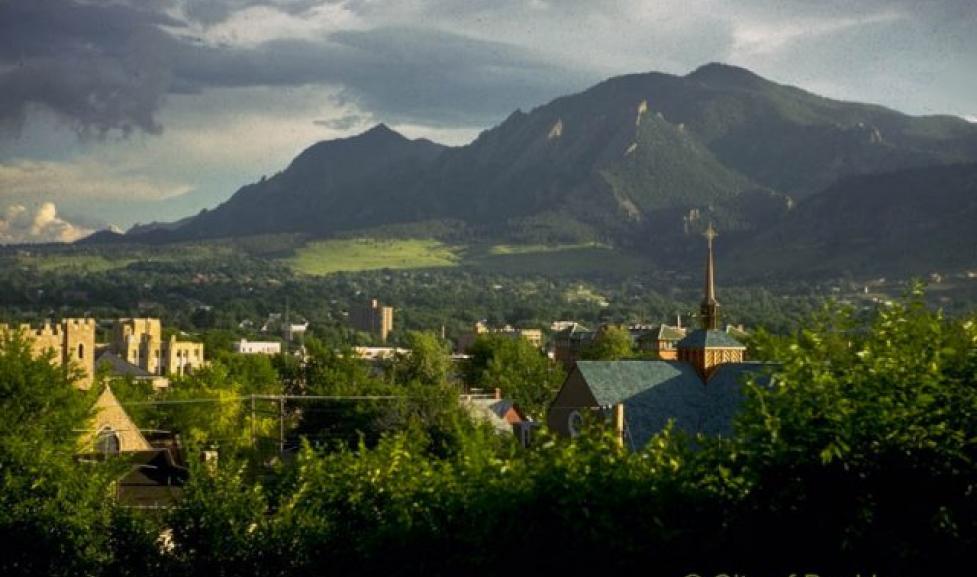Survey Results
While many city services were rated lower than in 2018, satisfaction levels for nearly all services were similar or higher than in comparable cities
For questions asked in both 2018 – the last time the survey was conducted – and this fall, scores declined in 44 of 78 areas measured. Thirteen of the areas received more positive ratings, and 21 stayed about the same.
Polco, the firm that conducted the survey on Boulder’s behalf, noticed this year over year decline has been experienced across the country. They believe the pandemic, which resulted in cuts in programs and the emergence of stark economic and emotional health issues, is the primary reason for the downward trend.
Survey Methodology
The survey was the 11th of its kind conducted for Boulder by Polco since 1987. In 2014, the city established the practice of using a consistent data tool to survey the community every two years. That cadence was interrupted by COVID-19, but the city plans to get back on a cycle of regularity with the 2023 effort.
Between Sept. 5 and Oct. 17, 2023, 6,000 randomly selected households were invited to take the five-page survey, either online or on paper. The online survey was available in English, Spanish and Nepali.
Polco received 895 responses, which represents a 15% response rate and yields a 95% confidence interval with a +/- 3% margin of error.
In addition, an identical survey was made available through the city’s BeHeardBoulder site to allow individuals who were interested in providing feedback but not invited through random selection to participate. An additional 324 responses were collected in this way.
Results were then statistically weighted to reflect Boulder overall.
